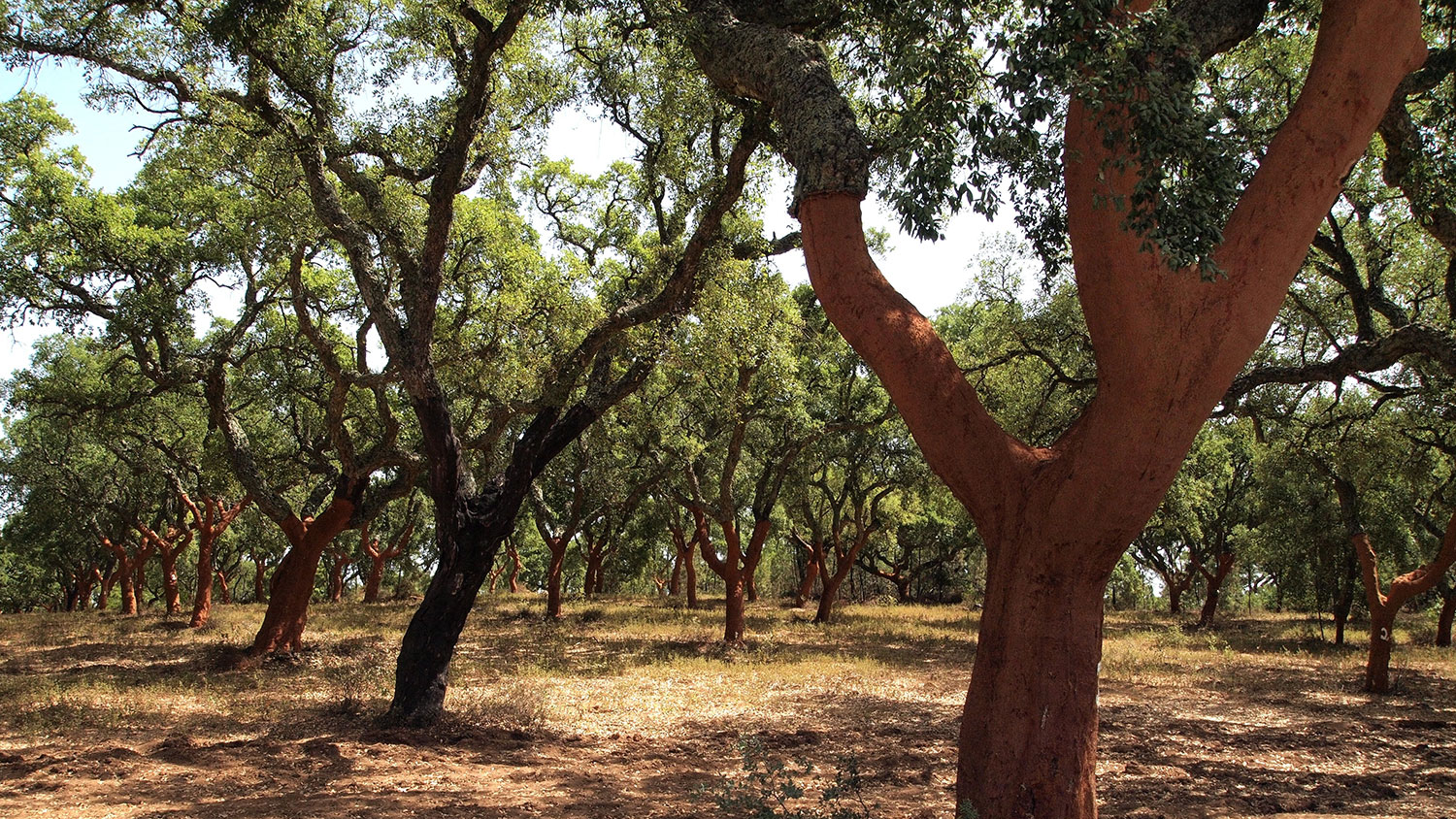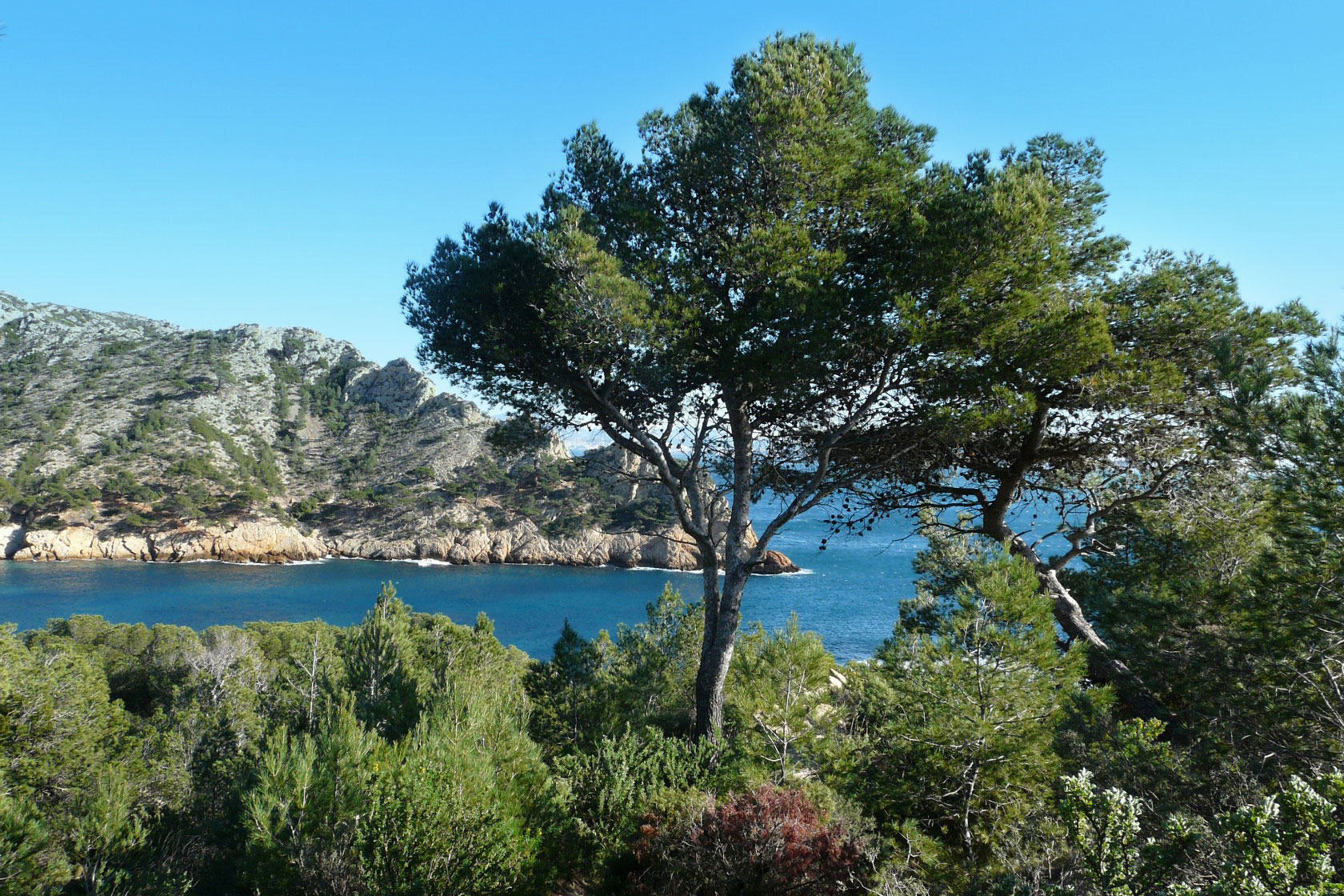

Southern Europe forests ecosystems are highly vulnerable to forest fires and to climate change impacts (E.g.: drought, diseases, floods, etc.) At the same time, they provide a wide range of goods and services. These can increase their economic, social and environmental value through the implementation of the circular Bioeconomy concept.
This has been the main topic addressed in the session led by the CTFC, in collaboration with the European Forest Institute (EFI), along with the discussion of the potential and particularities of the forest Bioeconomy in Southern Europe.

Mr. Antoni Trasobares, director of the CTFC, has highlighted the desire to introduce this vision to MEPs and to different European Commission Units (DG Environment, DG Agri, DG Growth, etc.). Bioeconomy includes people and ecosystems as the engine for better good and service provisioning and territory management (E.g.: forest fire prevention and other risk management). Relevant cases have been presented including cork production, mushroom and truffle collection, ecosystem services and landscape management aimed at enhancing large forest fires prevention.
The cork is a versatile, natural material with more than 350 possible applications in different industry sectors. It is totally biodegradable and recyclable and offers multiple alternatives for circular Bioeconomy implementation. Amorim Forest Director, Mr. Francisco Carvalho (presentation) (Portugal) has presented the economic, social and environmental importance of this product under the framework of the daily activity of his enterprise. In 2017, Amorim had a total revenue of more than €700 million with a total working force of 4,200 jobs (1,200 of them from outside Portugal). A total of 2.2 million ha of cork in the Western Mediterranean basin are producing approximately 200,000 t/year. At the same time, each cork plug (representing between the 15 and 20% of the total production) is responsible for the storage of 112 grams of CO2, in contrast to the emissions produced in the production of artificial plugs. The company has also an important innovation and research component, with an annual investment of €7.5 million in R & D.

Mushrooms and forest truffles are forest products with a high economic value. Mr. Carlos Colinas (presentation), from the University of Lleida and CTFC has underlined that introducing these products on the market can contribute to recover more resilient forest ecosystems, mosaic landscapes (forest fire prevention) and territorial rebalancing. Currently, a 10% of the Spanish population are living in 70% of the land, sharing the same tendency dominant across Europe. The cultivation of these products can open a good opportunity to generate socioeconomic viability in Northern Africa by allowing the mitigation of the dramatic, still ongoing, immigration crisis.

Mr. Mauro Masiero (presentation), from the University of Padua, has discussed about the role of environmental services and the need for its quantification and economic implementation. This should be held despite the cultural, legal, and institutional barriers they can generate. Novel, innovative management models are required: public institutions with society and the private sector are called to facilitate and promote this new governance paradigm of environmental resources and Bioeconomy, directly linked to natural capital. From a Southern Europe perspective, many synergies are already taking place between different environmental services, highlighting their relevance and diversity in comparison to the Central and Northern part of the continent.

Mr. Andreu Palacios (presentation), from GRAF (Forest Fire Fighters, Catalan Government), has focused on prevention and risk management of forest fires based on landscape management and Bioeconomy. He has described changes in wild fire during the last decades until the so called 6th fire generation, which we are suffering today. The current state of forest abandonment and lack of management over large tracts of the territory highly decreases the fire-fighters extinction capacity, especially under adverse weather conditions with drought and high-speed winds. An important change regarding the forest fires must be encouraged and further investment promoted and channelled to prevention and landscape management.

The meeting ended with a discussion session between speakers and assistants, led by Mr. Inazio Martínez, EFIMED director. In this session, different specific aspects and challenges on how to implement the already presented measures where discussed. We foresee the establishment of a new integrated framework boosting the current value chains and promoting new ones, placing environmental service values in the market.
Taking advantage of the recent update of the Bioeconomy strategy and the current development of the measures for implementing the CAP 2020-2027, the seminar ended with the emphasis of the main objective of the meeting, which is the potential of the promotion of measures and coordinated mechanisms between the different EC units (DG Envi, DG Agri, DG Grow, DG Climate). This will ensure that this new forest management paradigm in Southern Europe can become true and expand to the rest of the continent.
This meeting is part of a conference cycle which will take place during the upcoming 3 years.
